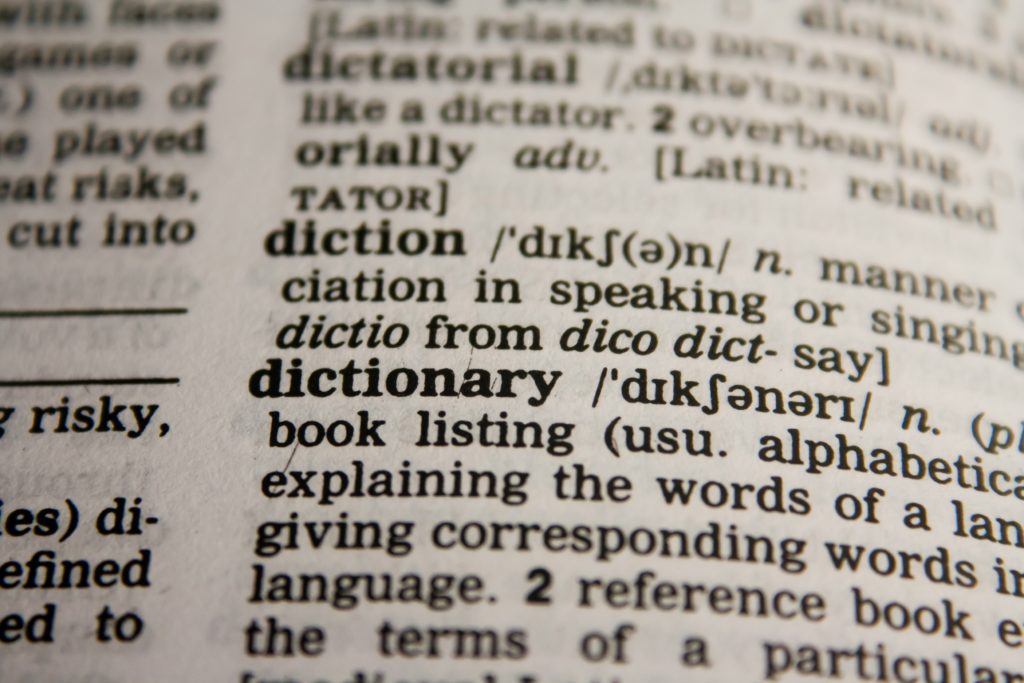Would you (and should you) say ‘irregardless’?
A new word has been added to the Merriam-Webster dictionary, but perhaps don’t rush to use it – you could alienate language lovers

In our daily life – and especially at work – it is important to polish our personal lexicon by discovering and using new words. It can make us appear more knowledgeable in front of clients or colleagues, as well as the side benefit of generally making us feel smug. Or in the spirit of this article, lets instead go for vainglorious.
This is why, though you may have thought them a distant remnant of your school days, dictionaries and thesauruses are useful tools at work. They can help you build your language and make sure that what you are saying or writing means what you think it does, and that the spelling and grammar are correct. Cringey literacy moments – such as when H&M spelled genius incorrectly on a T-shirt – should be avoided at all costs.
This brings us to irregardless. The controversial word has just been added to the Merriam-Webster dictionary. Its definition? To discover that, you need to click through to the definition for regardless, which is defined as ‘despite everything’, ‘heedless’ or ‘careless’.

Herein lies the problem. Anywhere you might consider using irregardless, you could just use regardless instead. Such as: Regardless of what you think, irregardless is a dictionary-approved word. For extra, and some might say unnecessary, pomp: Irregardless of what you think, irregardless is a dictionary-approved word.
As Poppy Noor, a writer for the Guardian, puts it: “I just can’t abide the word irregardless, I’m sorry. It is a mouthful, there is a word that exists that already does the job better, and it is double negative (the prefix “ir-” and the suffix “-less” are both negatives, so the word undoes itself). It creates more confusion than it does clarity – so really, what is the point in its existence?”
Even Merriam-Webster isn’t entirely convinced of the word’s worth, despite adding it to its dictionary. Scroll down to the FAQs on the online edition of the definition, and you’ll find this comment from the team: “It may not be a word that you like, or a word that you would use in a term paper, but irregardless certainly is a word. It has been in use for well over 200 years, employed by a large number of people across a wide geographic range and with a consistent meaning. That is why we, and well-nigh every other dictionary of modern English, define this word. Remember that a definition is not an endorsement of a word’s use.”

Wise words lie in that last sentence. Just because we know a word, doesn’t mean we should always use it. While a hunt through the dictionary or thesaurus is definitely advised to sharpen up your sales pitch, marketing material or client interactions, do pick wisely and perhaps give this particular double negative a wide berth, regardless of the dictionary stamp of approval.





